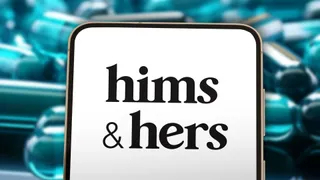
myboys.me / Shutterstock.com
27 May 2022GenericsTakanori Abe
Why the ‘first penguin’ of pay for delay has not come in Japan: anatomy of a Japan paradox
- Introduction
Already registered?
Login to your account
If you don't have a login or your access has expired, you will need to purchase a subscription to gain access to this article, including all our online content.
For more information on individual annual subscriptions for full paid access and corporate subscription options please contact us.
To request a FREE 2-week trial subscription, please signup.
NOTE - this can take up to 48hrs to be approved.
For multi-user price options, or to check if your company has an existing subscription that we can add you to for FREE, please email Adrian Tapping at atapping@newtonmedia.co.uk
Generics
2 April 2024 Teva and co-appellant Mylan gain second chance at launching generics of Invega Sustenna, owned by J&J subsidiary Janssen | US Court of Appeals vacates a lower court’s decision to grant validity to the drug’s last remaining patent.
Generics
28 March 2024 Judge disagrees that barrier against generic drug makers should be longer | Pharma company argues that ‘window should be shut’ on copycat versions due to potential for irreparable harm.
Generics
18 February 2024 While President Biden’s desire to reduce costs at the pharmacy counter is commendable, it is too blunt an instrument that would threaten innovation beyond the life sciences, argue former USPTO directors Andrei Iancu and David Kappos.

